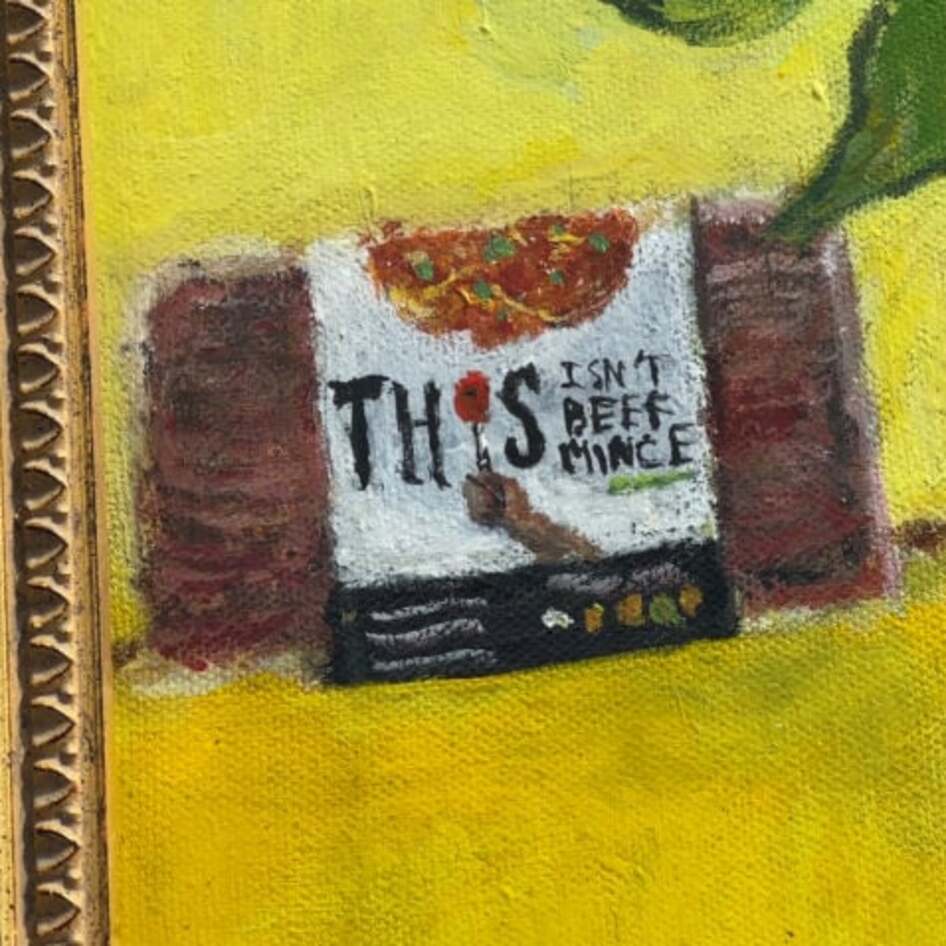5 Areas Where Activism Can Impact Change
Be the change you want to see for animals, and a global shift toward a compassionate life is possible.
August 26, 2017
In order to establish an organizational culture that embodies compassion, kindness, cooperation, responsibility, accountability, empathy, enthusiasm, promise, and prosperity, there is no doubt that fighting for the rights and freedoms of non-human animal is essential. Animal rights lies at the core of an ethical path to forging a humane national identity, and Americans now stand at an ethical crossroads: we can set the United States toward lasting peace and abundant prosperity, or we can continue toward financial chaos, dependence on foreign resources, environmental destruction, economic collapse, and moral fatigue. For many Americans, this type of change will require discomfort and movement into unfamiliar territory. Luckily, as a former candidate for US president, I’ve created an outline that details five ways in which we can halt the unsustainable and destructive practices that are weakening our economy, accelerating our healthcare costs, compromising our children’s financial future, squandering our natural resources, engendering hostility among our fellow nations, and endangering our national security. Let’s travel these five paths together for a better, more compassionate future.
1. Personal
If you’re reading this story, more than likely you have participated in personal activism by educating others about the value of making ethical life choices regarding food, clothing, and politics. This type of personal activism requires a unique form of bravery, as those of us who participate in personal activism often do so alone. Aspiring to, and fully embracing, a vegan lifestyle remains the most effective way to advocate for the rights of those millions of individuals who are killed every day in our country. Writer and Nobel Laureate Elie Wiesel said it best in qualifying the characteristics of personal activism: “We must always take sides. Neutrality helps the oppressor, never the victim. Silence encourages the tormentor, never the tormented.” Similarly, I committed to the following oath in my own personal activism: “to the utmost of my ability, I will faithfully adhere to humane values in my personal and professional choices, including, but not limited to, my choices pertaining to food, clothing, and entertainment. Such humane (which necessarily require vegan) values provide that no sentient being shall be subjected to instrumental use or exploitation by another, and that all human beings are obligated to serve as responsible stewards of the environment.”
2. Organizational
Patronizing only vegan-owned business that offer only vegan, cruelty-free products and services is not the only way to be an activist at an organizational level. For instance, participating and raising awareness about the manumission movements to motivate businesses, schools, and other institutions to abandon exploitation-based products and services—and to manumit all animals—will extend your personal reach beyond your own sphere of influence. If you don’t know, the word “manumission” refers to the voluntary freeing of an oppressed individual by an oppressor. Unlike abolition, which requires legal intervention, manumission occurs when humans, of their own free will, stop exploiting non-human animals. Thus, it is important that we all “preach beyond the choir” to organizations ignorant to the plight of sentient beings. A great example of this is the London-based café that stopped using dairy in its offerings directly because of organizational activism.
3. State or local
It’s no secret that the most profound social justice wins of our time took place in politics. The abolition of human slavery, women’s right to vote, and civil rights all became law due to political pressure, and the same effort is needed for the protection of animals. Volunteering to help grow political parties with animal-rights -themed platforms will also help to promote the election of vegan abolitionists to the governorship, state legislature, city council, and other local offices, and will help to ratify an Abolition Amendment in your state. These goals are best achieved by running for local and state public offices as an ethics-and-science -based candidate; establishing, or volunteering for, state chapters of ethics-based political parties; and fully supporting, and voting for, political parties and candidates whose ideals and platforms align with a shared vision of a compassionate world. These are crucial components in ensuring that animal-protection legislation is passed.
4. National
In 2016, political parties such as the Humane Party harvested hundreds of thousands of votes for ethical presidential and vice-presidential candidates. Working at the national level means helping political parties promote the election of vegan abolitionists to the US presidency and to a majority of seats in the US Senate and House of Representatives, and the ratification of the Abolition Amendment to the US Constitution. If running for federal office as an ethical option resides too far outside of your comfort zone, vote vegan. Let’s replace our current representatives with women and men of ethical stature.
5. International
Extend your sphere of influence beyond the US borders by participating in activism at the international level. To accomplish this, help the political parties dedicated to the rights of all animals promote ratification by the United Nations (and by all individual nations of conventions and treaties) of the prohibition of faunacide. Through social media, I see international activism every day. Platforms such as Facebook, Twitter, and Instagram have equipped awakened people with weapons of mass construction and serve as the fundamental path to influencing decisions on an international scale.
Clifton Roberts is a vegan of nearly two decades, Humane Party Volunteer, speaker, and a former US presidential candidate who is passionate about protecting the most innocent beings on the planet, the deteriorating health of human beings, and the preservation of our air, land, and water resources.
JUMP TO ... Latest News | Recipes | Guides | Health | Shop







